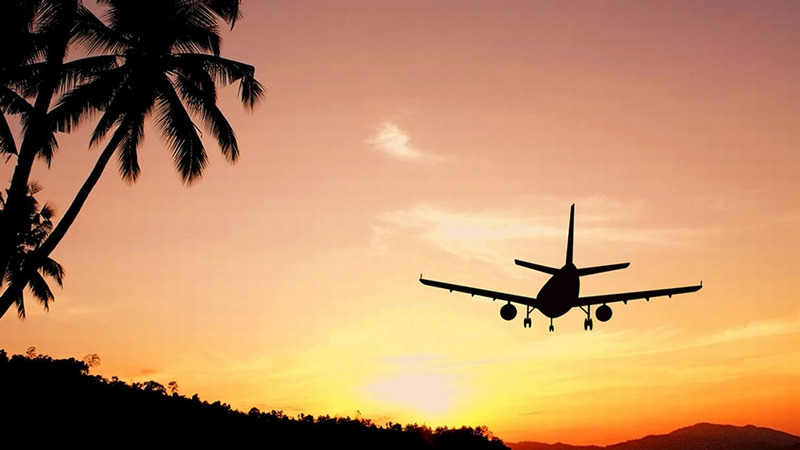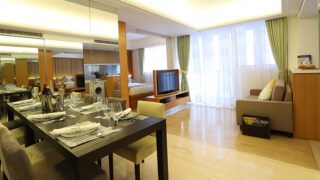Ever suffered from desynchronosis syndrome? Of course you have; it’s the scientific term for what we know as jetlag.
What causes jetlag?
Jetlag results from changes to the body’s circadian rhythms caused by transmeridian jet travel. Translation: travelling long distances east or west changes the timing of outside light patterns, the cue that sets our body clocks.
Jetlag is a relatively new condition, as air travel in the ‘olden days’ (before passenger jets) didn’t go far enough or fast enough to cause too many problems. Travelling north-south doesn’t stress the body but going east you lose time and west, you gain it, creating a ‘lag’. This change can cause a wide range of symptoms from insomnia and daytime sleepiness to reduced appetite, dizziness and difficulty concentrating.
How can you minimise the effects of jetlag?
Our friends in the field of Sports Medicine have done a lot of research into jetlag. They’re interested in athletes performing at their peak after long haul travel, but their findings can help us mere mortals, too. A 2012 study at Swansea University in the UK found that ‘light is the strongest realigning stimulus and careful timing of light exposure and avoidance can promote adjustment.’
For best performance in sports (or indeed in business), the mind and body should be working in tandem at peak efficiency. Sports medicine doctors use a combination of ‘adaptation stimuli’ on their travelling athletes and make prescriptions of light, melatonin, exercise, meal timings and diet.
Research conducted by Dr Mark Rosekind, former director of NASA’s fatigue countermeasures program, found that an average executive’s productivity and performance while travelling is reduced by up to 20 percent. Dr Rosekind found that this is mostly due to lack of sleep. Encouragingly, he found that executives that exercised during their business trip performed up to 61 percent better on reaction and alertness tests than non-exercisers.
Jetlag dos and don’ts
DO
– Try taking melatonin supplements (it’s the hormone that controls your body clock) to reset your sleep/wake cycle.
– Get outside once you get to your destination.
– Pack your trainers and use them!
– Drink only water on the flight and lots of it.
– Where possible, plan important meetings for times you’d usually be awake at home.
– Pack earplugs, eye mask, teddy bear – whatever helps you sleep well.
– Start the way you mean to continue. Depart well rested.
– Fly only first class or in your private jet.
DON’T
– Be in bright light when it’s dark outside. Even the light from your computer or phone can mess with your body clock.
– Drink too much booze or caffeine during the trip.
– Nap too long. A quick 20 minute lie down can easily become an, ‘Oops, missed the meeting’ three hour slumber if you’re not careful.
– Sit in your seat for the whole flight. Move around.
– Eat too much rich food while travelling. This can make jetlag symptoms worse.
– Travel in the company of anyone under nine years old.
Apps to help fight the lag
Of course app stores have got on the jet wagon and created some nifty apps to help you avoid or deal with jetlag.
Timeshifter – helps resynchronise your circadian clock with your new time zone though a customised sleep, light and caffeine schedule.
Sleep Cycle – an alarm clock app that analyses your sleep patterns and wakes you up at the optimum time.
Uplift – unlike other apps this is nothing to do with sleep patterns but recommends acupressure exercises to help you adjust to your new timezone.
Like this? Read more in our Travel section.






